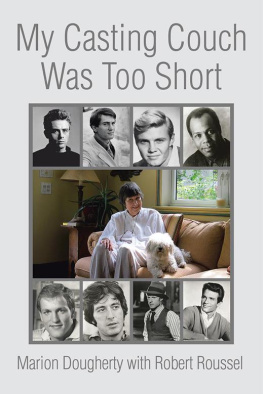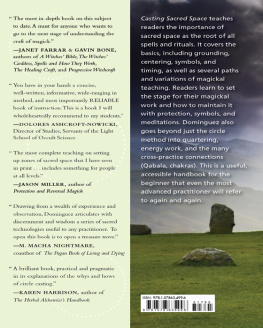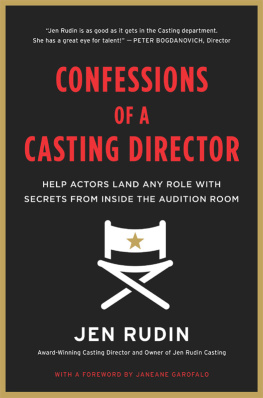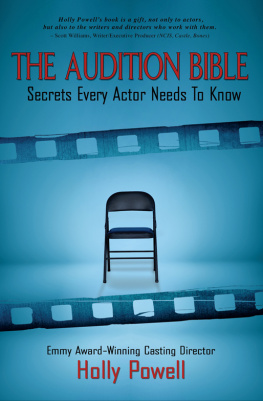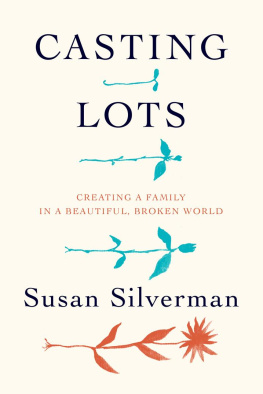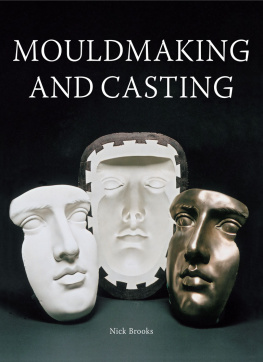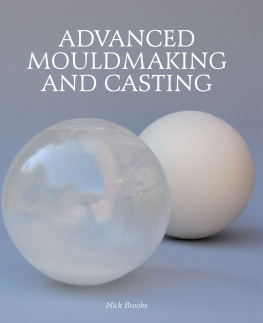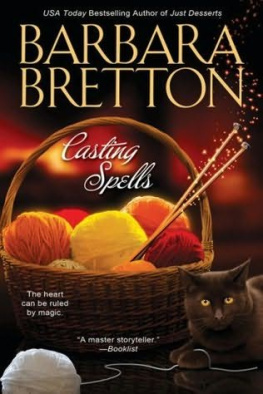My Casting Couch Was Too Short
Marion Dougherty
with
Robert Roussel
Copyright 2015 by Marion Dougherty with Robert Roussel.
Library of Congress Control Number: 2014922666
ISBN: Hardcover 978-1-5035-2950-2
Softcover 978-1-5035-2951-9
eBook 978-1-5035-2952-6
All rights reserved. No part of this book may be reproduced or transmitted in any form or by any means, electronic or mechanical, including photocopying, recording, or by any information storage and retrieval system, without permission in writing from the copyright owner.
Any people depicted in stock imagery provided by Thinkstock are models, and such images are being used for illustrative purposes only.
Certain stock imagery Thinkstock.
Rev. date: 03/09/2015
Xlibris
1-888-795-4274
www.Xlibris.com
695714
Contents
Its really nice, you know. To be able to see the arc of your life that its all connected and see how you got from there to here to see the line, you know it really has been an adventure.
The World According to Garp
B ack in the heyday of the 1930s and 1940s Hollywood Studio system, the Golden Era as it is sometimes referred to, a movie studio was in its own world. Everything needed to make a movie was right there on the studio lot. There was no need to go on location and no need to have a worldwide search for the right actor. Actors, for parts large and small, were chosen from those many under contract to the studio. The supply was constantly nurtured and replenished by on-site studio schools with lessons provided in acting, voice, elocution, dancewhatever was neededall designed to keep the talent pool thriving and performing. Actors were given the chance to appear first in small roles before moving onto featured supporting roles and finally, if the public responded to them, starring roles.
Clint Eastwood shared some stories with me about his early days while he was under contract at Universal. Clint was studying business administration at Los Angeles City College and wound up taking a few acting classes. He began to study Michael Chekhovs book titled To the Actor and attended some of George Shadanoffs lectures on the subject. Irving Glassberg, a known cinematographer at the time, managed to arrange a screen test for Clint at Universal. They liked what they saw and signed Clint as a contract player at the rate of seventy-eight dollars per week, which was pretty good money in those days. He began to show up at Universal and take the different classes offered each day in acting, dance, voice, physical education, horseback ridingwhatever the schedule was on a particular day. He said some of the others under contract didnt always show up, but he thought it was so much fun that he went almost every day. It was during this time that he began to hone in on his craft and to better understand the filmmaking process. Universal kept him under contract for almost two years before they finally let him go. He managed to hang in there and, not too long afterward, was cast as Rowdy Yates in the television series Raw hide .
Actors under contract were cosseted by studio publicity departments, which handled press releases and magazine interviews, all of which flattered them and hid any revelatory details. They had their photos taken by studio photographers (rather than paparazzi), whose job was only to capture their images in the most flattering manner. Actors were guided in their choices of even the small details of their private lifewhich car to drive, which new hair color, who to be seen withas part of the studios master plan to keep them favorably in the audiences field of vision and, for the most part, constantly employed, moving from one production to the next. They may have had to suffer being typecast or punished by the studio for some indiscretion by being forced to appear in a movie that did not appeal to them, but they were more than taken care of by the studios that held their sevenplus-year contracts. Most of the studios also owned their movie houses across the country. As fast as they could turn out a movie, they booked it into their own nationwide theater chain and, hopefully, watched the money roll in.
That was until 1948 when an antitrust suit came to the United States Supreme Court, United States v. Paramount Pictures et al. , and the studios lost their theater chains, and all that assured income became considerably less. Movie studios had to begin to downsize, shedding their systems and shutting down sizable chunks of their back lots, which were sold to real estate developers. They ended their long-term contracts with actors and no longer provided them with the in-house publicity managers and other trainers. The studios had to find a new way to find the right talented and trained professionals to appear before the camera and to engage the publics emotions and affections. It was certainly the end of an era for many actors.
I started when this art (and I do think its an important one) of casting was just beginning. I have often been asked, How do you cast? and can tell you truthfully, I dont know. I did not know when I first began my career, and I still do not know today. At least I cant tell you, number one, do this; number two, do this; number three, do this; and voila! you have just cast a production. Much of my success as a casting director was, simply put, gut intuition.
Good casting results when the right actor is cast in a role and gives a performance that is highly credible, interesting, and involving. Great casting results when someone who has not previously had the chance gets cast in a role that produces a performance with the above-mentioned criteria or an actor is cast in a role that is so vastly different from anything they have done before as to be stunning in revealing a new side of the actors unforeseen talents.
In old Hollywood, the selection of leading roles was done by producers and directors at a studio who went over their lists of performers who were under contract to that studio. At times, the studios would trade their stars. Many performers were from theater and many of the ingnues had gotten on the lists by providing social services to the big studio executives.
This led to clich casting. If an actor had made a good butler, doctor, etc., they were apt to be considered only for the same type of roles over and over. In a different way today, clich casting is still going strong. Pity the actor who was a hit in a blockbuster movie that pulled in big bucks for the studio whose producers were convinced that the audience would only want to see that actor in the same type of role in the future. This has made many actors very wealthy; but with so many sequels, so much sameness being dealt to the movie audience, clich casting really does not serve the audience well.
There are actors who avoid this by carefully choosing roles based on material or directors and also those who refuse to keep repeating themselves in the same role over and over. The very beautiful Charlize Theron broke herself out of always being cast based on her physical appearance when she produced, starred in, and won an Academy Award for her terrific performance in Mon ster .
The role of a casting director is a preproduction process in film and television that involves the selection of actors and other talent to hire for a live or recorded performance. It really all begins with finding a good script and scheduling a meeting with the director to better understand their take on each individual role. You may not see the material as they do. Ive been fortunate enough to be able to disagree with a director about how a part should be cast. Sometimes Im right; sometimes Im not. Its going to be the directors vision that will be on the screen, and if he or she cannot agree with you, fight, and then forget it. Nowadays, many directors will just want to see demo reels of an actor, a shame because what they see is a different part of someone elses interpretation of it. I have always thought it much better and more productive to just sit and have the actor read the part for the director.
Next page
